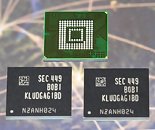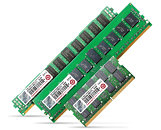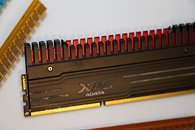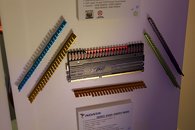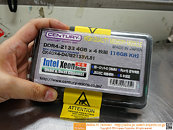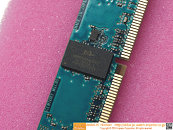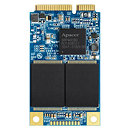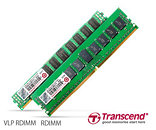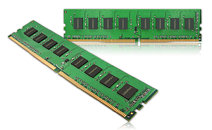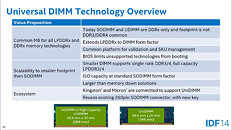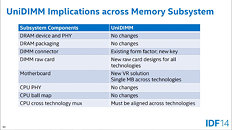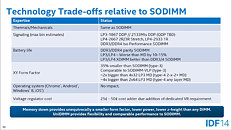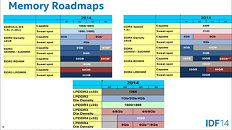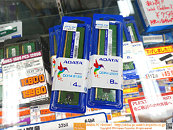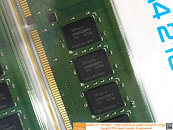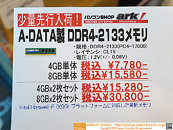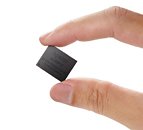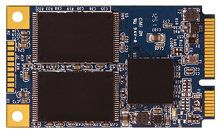
Transcend Launches New e.MMC Memory Chips
Transcend Information, Inc. (Transcend), a leading manufacturer of industrial-grade products, is proud to announce the launch of the new EMC210 e.MMC (embedded Multi-Media Card) storage solution. The MLC-based EMC210 features simplified interface design, enhanced storage capacities, upgraded performance and a set of comprehensive functions. The small factor e.MMC is an embedded storage ideal for mobile devices, embedded devices and industrial applications, and is compliant with JEDEC (Joint Electron Device Engineering Council) version 4.51 standards.
The e.MMC is comprised of the NAND Flash and the Flash Memory Controller in a 153-ball BGA package. By integrating the controller into the flash memory package, the e.MMC supports the MMC interface and streamlines the development of new products that comply with a simpler set of industry-standard specifications for memory management. Transcend's e.MMC solution provides greater flexibility with interface voltage of either 1.65~1.95V or 2.7V~3.6V. Consequently, manufacturers can benefit from a more efficient design process, lower costs, and reduced time-to-market for end products.
The e.MMC is comprised of the NAND Flash and the Flash Memory Controller in a 153-ball BGA package. By integrating the controller into the flash memory package, the e.MMC supports the MMC interface and streamlines the development of new products that comply with a simpler set of industry-standard specifications for memory management. Transcend's e.MMC solution provides greater flexibility with interface voltage of either 1.65~1.95V or 2.7V~3.6V. Consequently, manufacturers can benefit from a more efficient design process, lower costs, and reduced time-to-market for end products.




